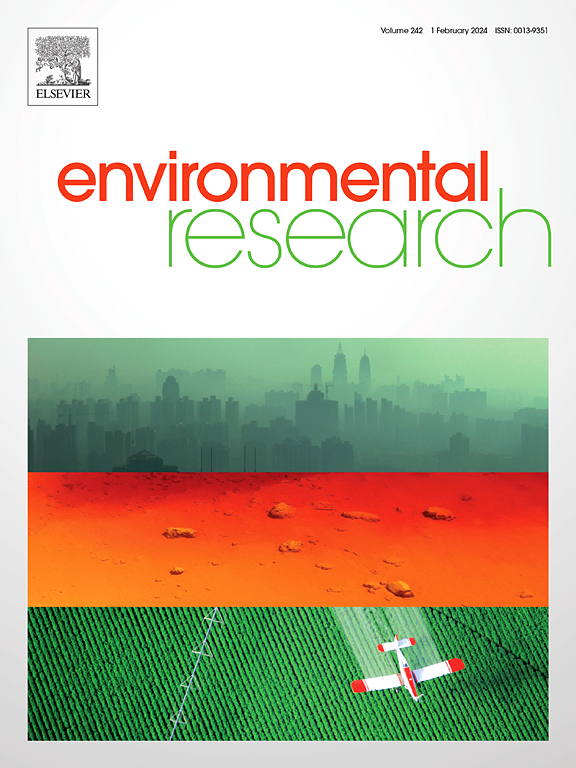Carbon catabolite repression during the simultaneous utilization of lignocellulose-derived sugars in lactic acid production: Influencing factors and mitigation strategies
IF 7.7
2区 环境科学与生态学
Q1 ENVIRONMENTAL SCIENCES
引用次数: 0
Abstract
Lignocellulose is the most abundant, sustainable, and comparatively economical renewable biomass containing ample fermentable sugars for bio-based chemical production, such as lactic acid (LA). LA is a versatile chemical with substantial global demand. However, the concurrent utilization of mixed sugars derived from lignocellulose, including glucose, xylose, and arabinose, remains a formidable challenge because of the metabolic regulation of carbon catabolite repression (CCR), in which glucose is preferentially utilized over non-glucose sugars, resulting in the loss of carbon resources and a decrease in biorefinery efficacy. Most current studies on CCR have concentrated on elucidating the principles and their impact on specific bacterial species using mixed carbon sources. However, there remains a notable dearth of comprehensive reviews summarizing the underlying principles and corresponding mitigation strategies across other bacterial strains encountering similar challenges. In light of this, this article delineates the possible factors that lead to CCR, including signal transduction and metabolic pathways. Additionally, the fermentation conditions and nutrients are described. Finally, this study proposes appropriate mitigation strategies to overcome the aforementioned obstacles and presents new insights into the rapid and simultaneous consumption of mixed sugars to bolster the production yields of biofuels and chemicals in the future.

在乳酸生产中同时利用木质纤维素衍生糖时碳分解代谢抑制:影响因素和缓解策略。
木质纤维素是最丰富、可持续和相对经济的可再生生物质,含有充足的可发酵糖,用于生物基化学生产,如乳酸(LA)。LA是一种用途广泛的化学品,全球需求巨大。然而,同时利用来自木质纤维素的混合糖,包括葡萄糖、木糖和阿拉伯糖,仍然是一个巨大的挑战,因为碳分解代谢抑制(CCR)的代谢调节,其中葡萄糖优先于非葡萄糖被利用,导致碳资源的损失和生物炼制效率的降低。目前对混合碳源CCR的研究大多集中在阐明混合碳源CCR的原理及其对特定菌种的影响。然而,对于其他遇到类似挑战的细菌菌株的基本原理和相应的缓解策略的综合综述仍然明显缺乏。鉴于此,本文概述了导致CCR的可能因素,包括信号转导和代谢途径。此外,还描述了发酵条件和营养成分。最后,本研究提出了适当的缓解策略,以克服上述障碍,并对混合糖的快速和同时消耗提出了新的见解,以提高未来生物燃料和化学品的产量。
本文章由计算机程序翻译,如有差异,请以英文原文为准。
求助全文
约1分钟内获得全文
求助全文
来源期刊

Environmental Research
环境科学-公共卫生、环境卫生与职业卫生
CiteScore
12.60
自引率
8.40%
发文量
2480
审稿时长
4.7 months
期刊介绍:
The Environmental Research journal presents a broad range of interdisciplinary research, focused on addressing worldwide environmental concerns and featuring innovative findings. Our publication strives to explore relevant anthropogenic issues across various environmental sectors, showcasing practical applications in real-life settings.
 求助内容:
求助内容: 应助结果提醒方式:
应助结果提醒方式:


